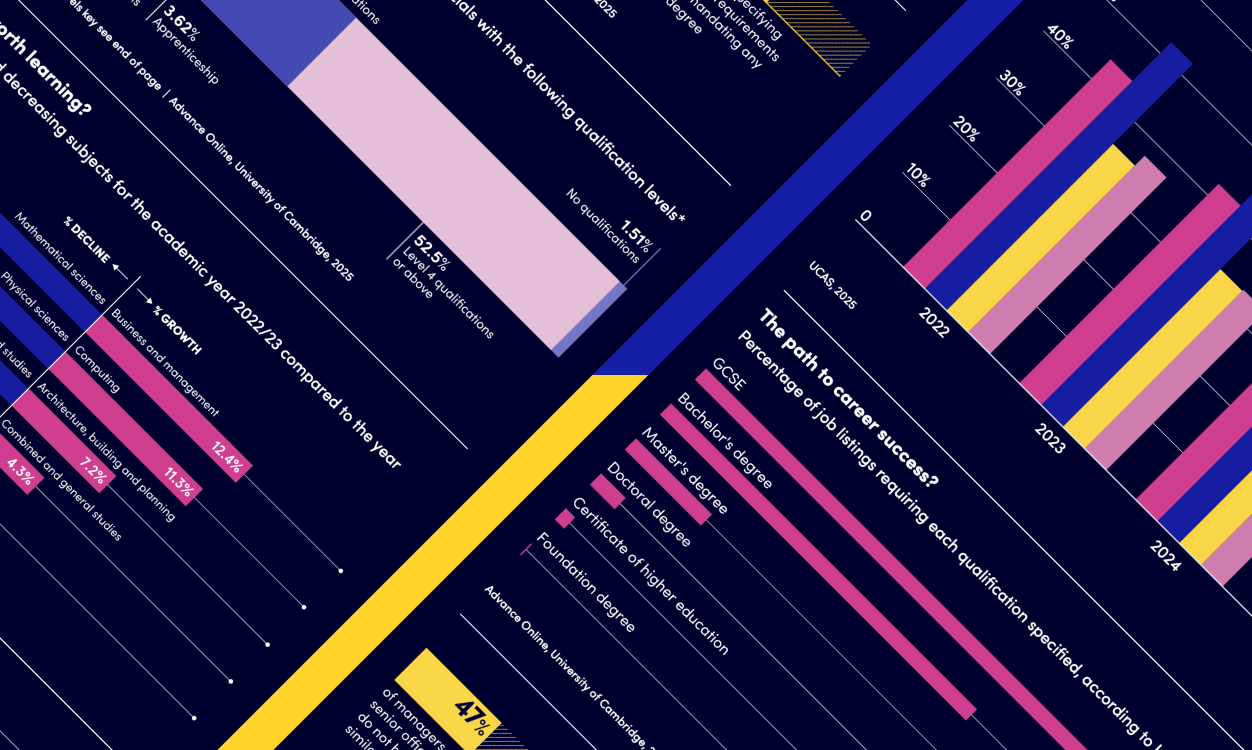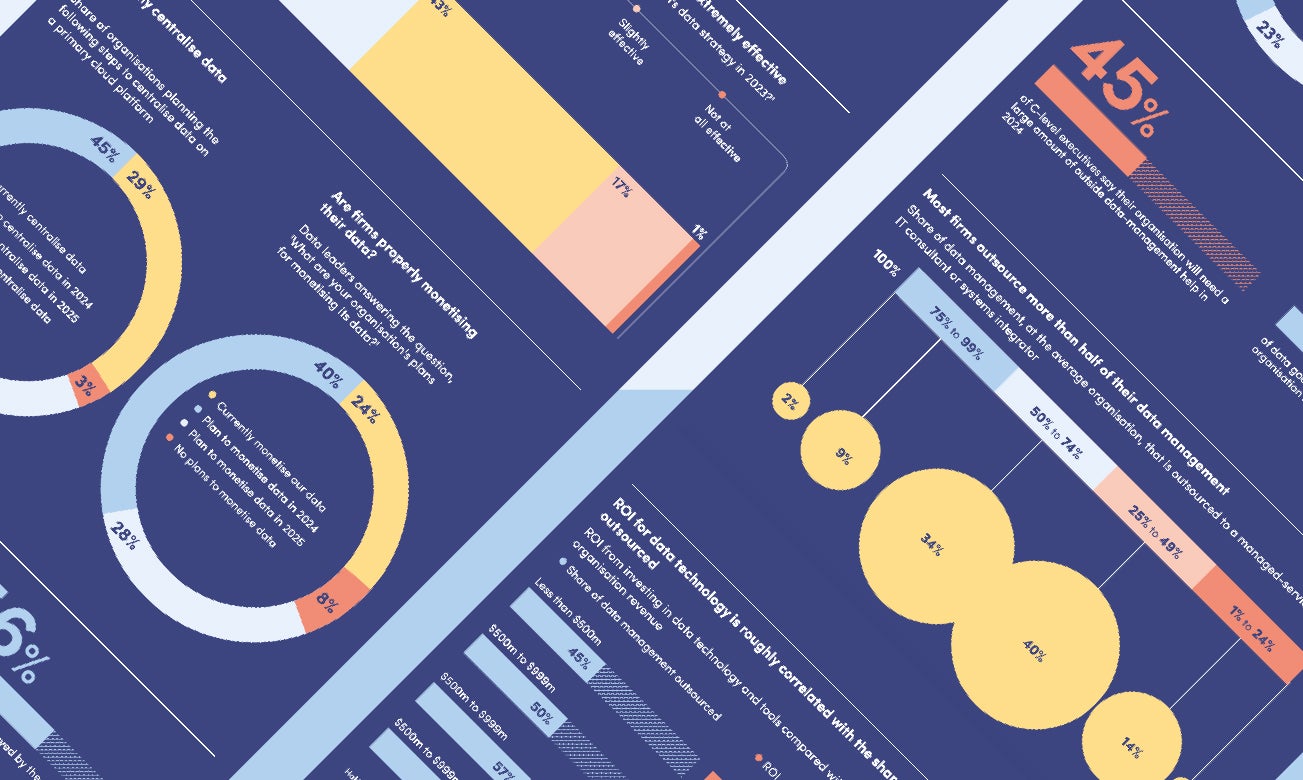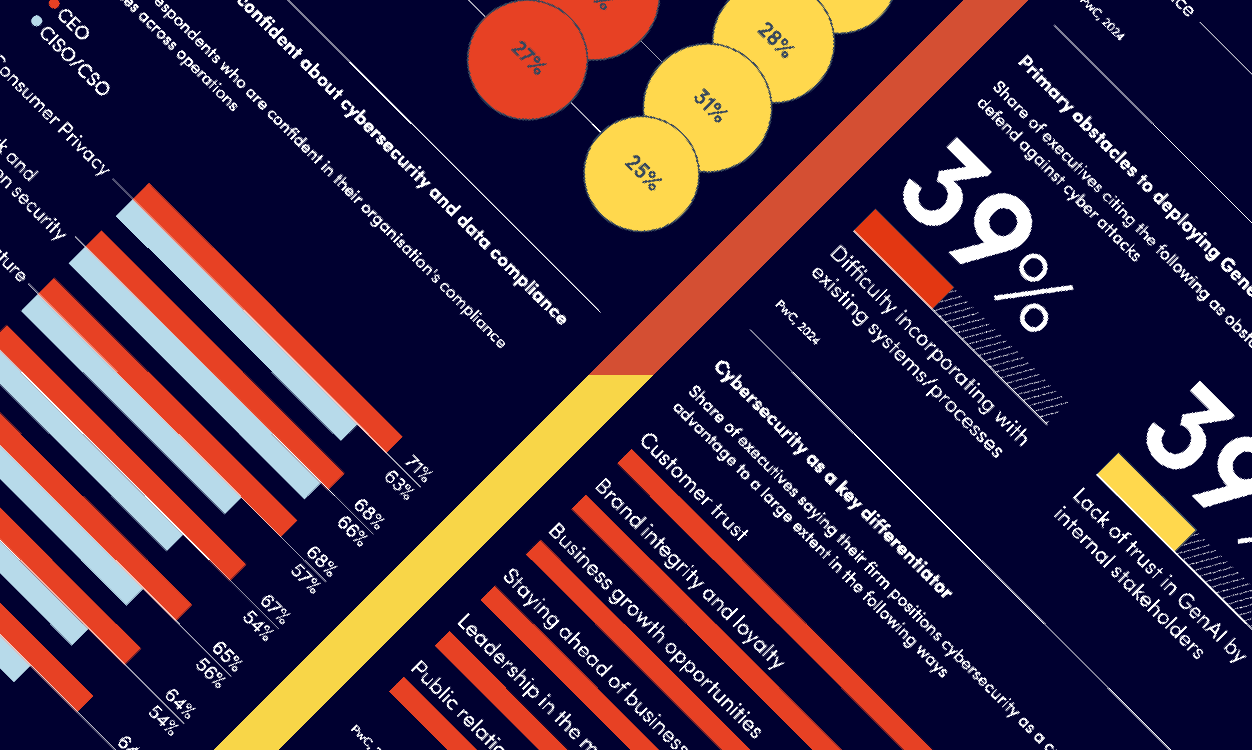We are living longer and retiring later, which means that up to five generations of employees now have to learn how to work together under one roof. In most workplaces, this is realistically limited to four generations, with people born shortly after the Second World War having to adapt to the working styles of their digitally savvy colleagues, and those younger employees having to respect the experience and traditional ways of working of their older peers. But how do working patterns of these very distinct generations differ and how are businesses adapting to this new norm?



